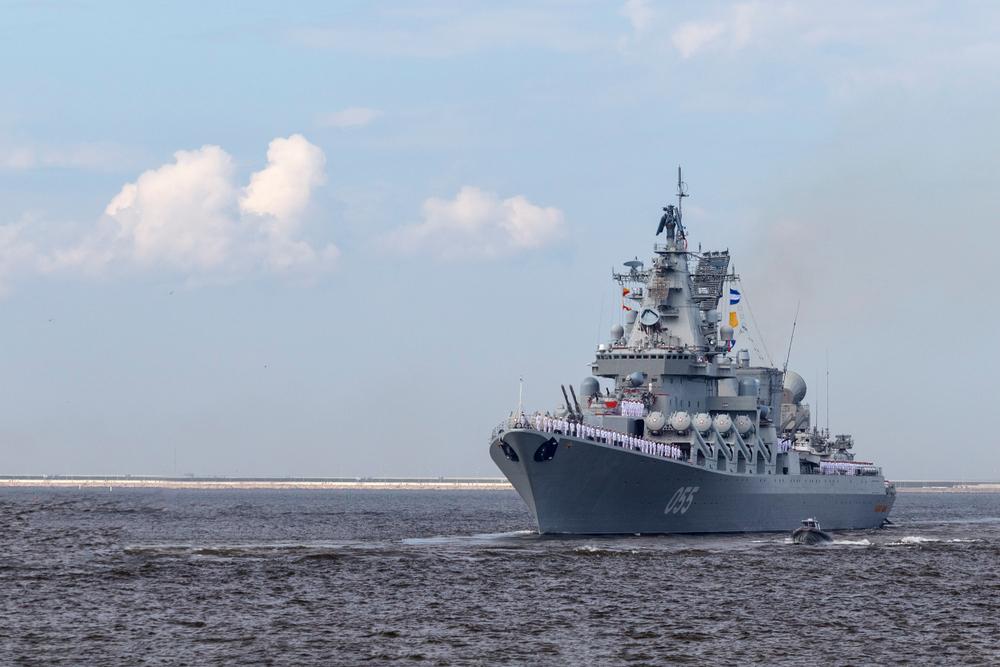Tensions between Russia and Ukraine have been amplified with news that Russia had intercepted and seized three Ukrainian naval vessels on Sunday.
The incident occurred as the two Ukrainian gunboats and one tug were intercepted – with the tug being rammed by a Russian boat – in the Kerch Strait, off to coast of Crimea (which Russia annexed in 2014).
Accounts vary between the two sides, one stating that six sailors had been injured in the incident while the other states three. Ukrainian officials have branded the incident an “act of aggression”.
While the Kremlin has responded, declaring that the passage of Ukrainian vessels through Russian territorial waters was a “pre-planned provocation,” officials in Kiev retorted by saying that they had informed Russia of its plans to move vessels through the Sea of Azov to Mariupol.
There is conflict over the agreed legal precedent, with the current 2003 treaty accepted by most of the international community outlining the right of vessels from either nation to navigate in these waters. However, the 2014 referendum – ratified only by Moscow officials – states that this region and its surrounding waters are sovereign Russian territory.
The reaction of the international community
The EU has responded, “We expect Russia to restore freedom of passage at the Kerch strait and urge all to act with utmost restraint to de-escalate the situation immediately.”
Nato also weighed in by saying that it “respects Ukraine’s sovereignty and territorial integrity and its navigational rights in its territorial waters”, and called upon Russia to, “ensure unhindered access to Ukrainian ports in the Azov Sea”.
There will be a meeting of the UN Security Council to discuss recent developments in Russia-Ukraine tensions, with the likely outcome being a denial and blame to-and-fro. Nato’s latest statement likely amounts to little more than a ‘we don’t approve’ and is very unlikely to be followed up with any physical show of force.
What does this mean for Russia?
Russia has always been a tricky candidate in the business of preserving the international status quo, which is understandable when looking at the history of the US-led agenda which is greatly at odds with the Kremlin’s aspirations.
For most ‘Western’ diplomats, yesterday’s events will likely inspire groans. Not an immediately worrying clash, but one, based on past evidence, that has the potential to escalate into a political and economic stalemate, with passive or sometimes directly aggressive rhetoric being accompanied by sanctions on one end and resource cut-off on the other.
The fear of military loggerheads aside, the more immediate concern for Russian political opponents is the threat posed by the continuity of Russian pipelines for oil – and particularly – LNG, being at the whim of Vladimir Putin.
Since 2014, separatist mobilisation against the Ukrainian state has resulted in the deaths of over 10,000 people in the regions of Donetsk and Luhansk. Going forward, US president Donald Trump will hope to build a more fruitful relationship with Vladimir Putin’s administration.




